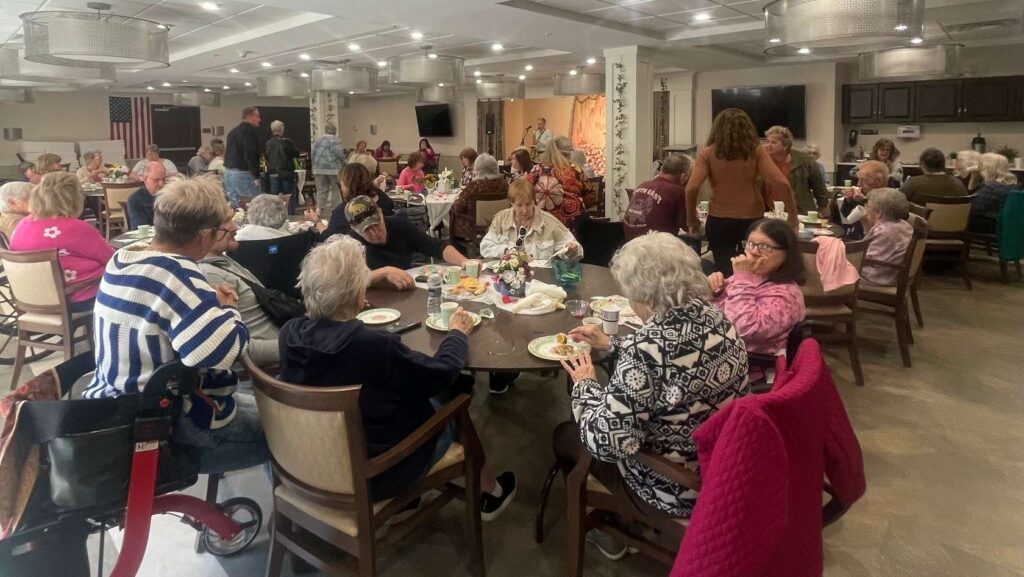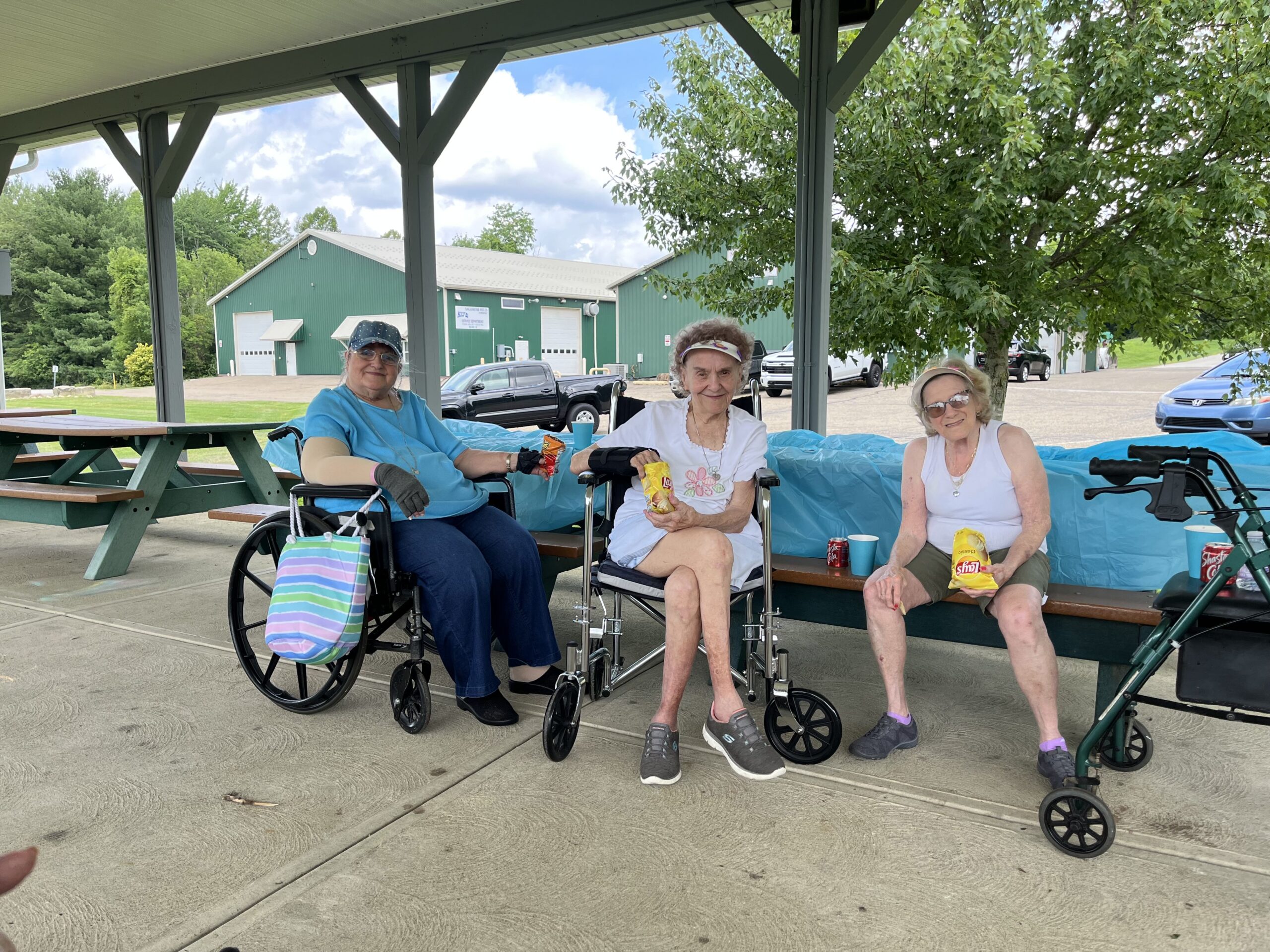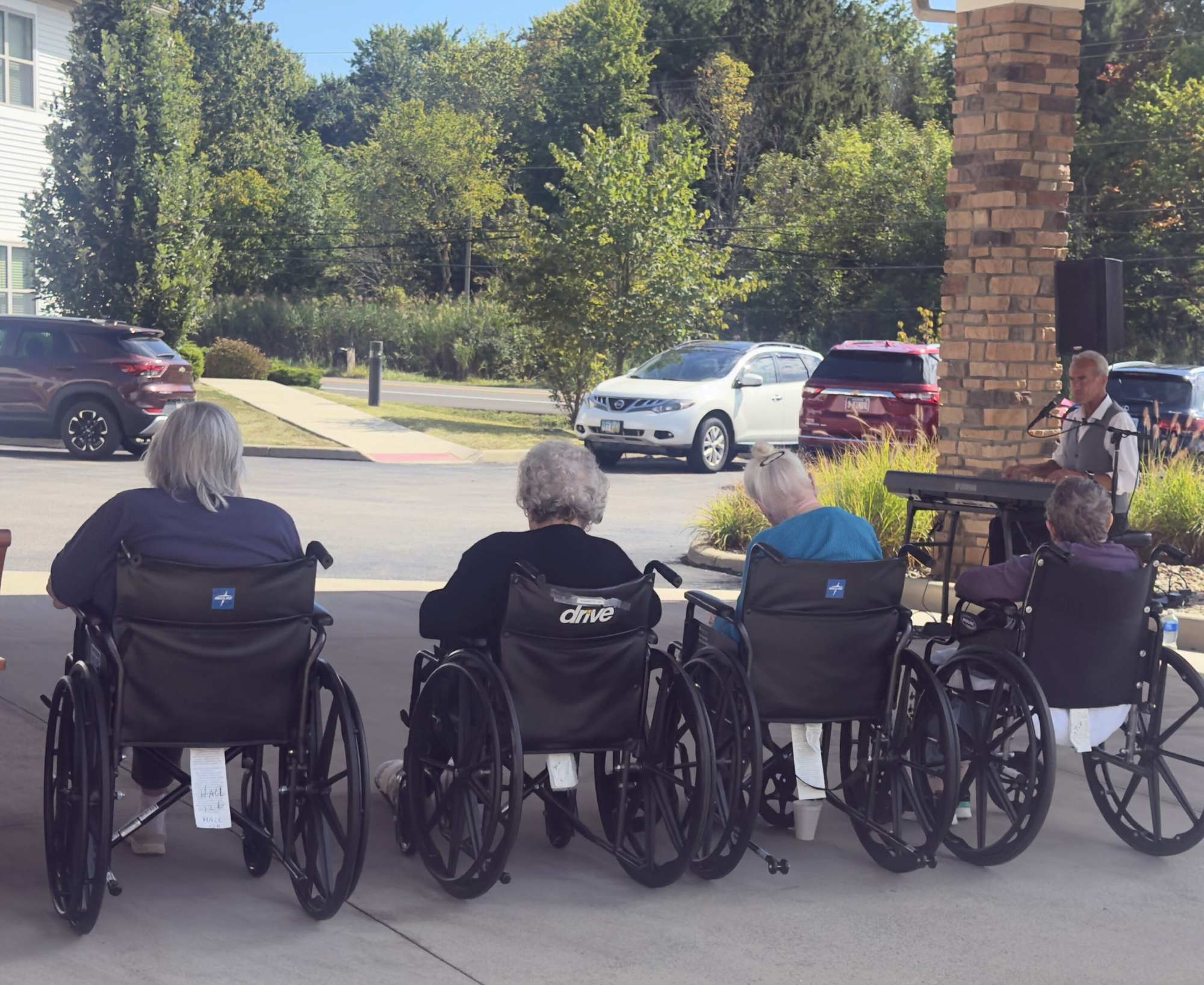
Bringing up the topic of senior care with a parent or loved one can be one of the most difficult conversations you’ll have. Even with the best intentions, it’s common to be met with resistance, fear, or sadness. Many older adults worry about losing their independence or leaving the familiarity of their home.
At Brentwood Healthcare Center, we’ve supported countless families through this transition. If you’re unsure how to approach the conversation, you’re not alone—and you don’t have to do it perfectly. What matters most is approaching the discussion with compassion, patience, and empathy.
Why This Conversation Is So Important
Waiting until a crisis occurs often limits options and creates unnecessary stress for everyone involved. Starting the conversation early allows your loved one time to process, ask questions, and feel part of the decision-making process. It’s a way of showing respect while ensuring they get the care and support they need.
Tips for Having a Productive and Respectful Conversation
1. Choose the Right Time and Setting
Find a calm, quiet environment free from distractions. Avoid bringing up the topic during a stressful moment or in a rushed setting. Let your loved one know this is a conversation, not a decision being made for them.
2. Lead With Empathy, Not Urgency
Start from a place of concern and love. Instead of focusing on what they’re struggling with, highlight how support could enhance their safety, health, or comfort.
Try saying:
“We’ve noticed you seem a little more tired lately—how are you feeling?”
or
“We want to make sure you’re safe and comfortable as things change—can we talk about what that might look like?”
3. Involve Them in the Process
Let your loved one have a voice in the conversation. Ask how they feel, what’s important to them, and what kind of support they would want if their needs increase.
4. Share Real Examples
If you’ve noticed missed medications, safety concerns, or signs of isolation, gently bring them up with compassion. Framing it as something you’ve observed rather than something “wrong” can help lower defenses.
5. Offer to Explore Options Together
Reassure them that senior care doesn’t mean giving up independence—it’s about getting the right support to stay active, connected, and comfortable. Offer to tour communities or review care options together. Seeing what life looks like in assisted living or skilled nursing can ease uncertainty.
Common Fears and How to Respond
Fear: “I’ll lose my independence.”
Reassurance: “This is about gaining more control over your life, not less—by getting help where it’s needed, you can enjoy the parts of life that matter most.”
Fear: “I don’t want to be a burden.”
Reassurance: “You’re not a burden. We want you to feel safe and supported—and we’ll be right beside you.”
Fear: “I won’t feel at home.”
Reassurance: “Let’s find a place that feels welcoming, where you can bring your favorite things and still enjoy the routine you love.”
We’re Here to Help, Too
If you’re not sure how to start the conversation or want more information to bring to the table, we’re here for you. At Brentwood Healthcare Center, we can provide guidance, answer questions, and even schedule a tour or meeting to help your family explore what care could look like—together.



